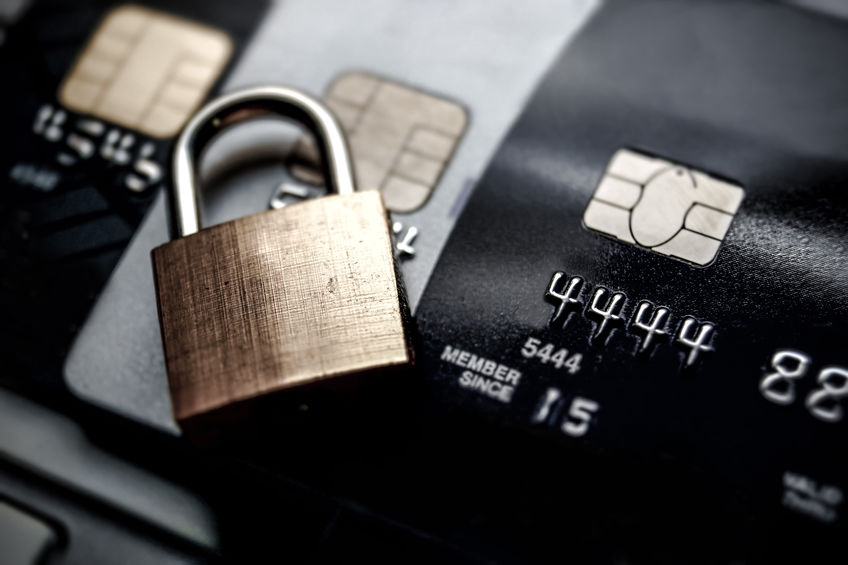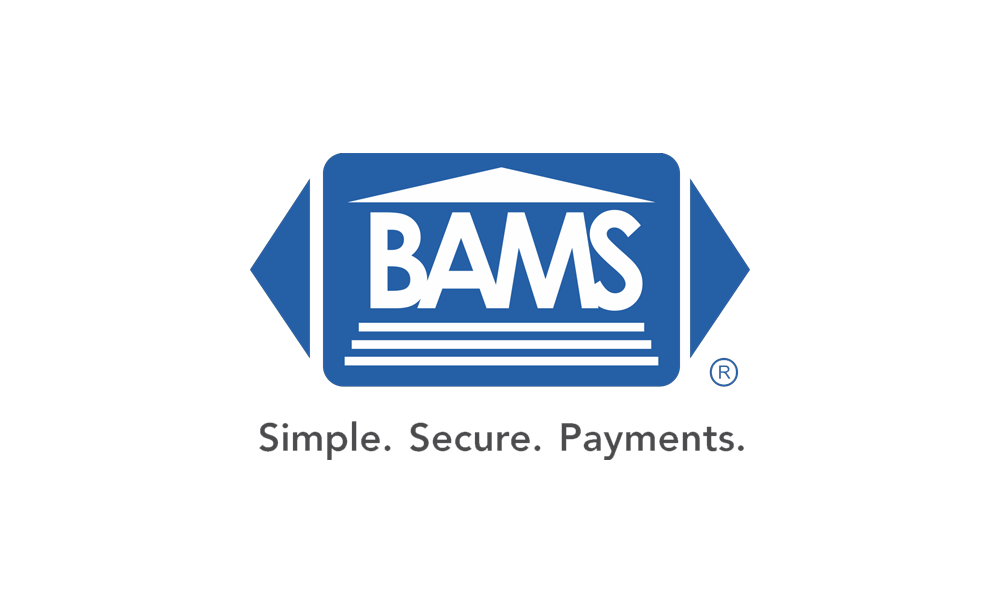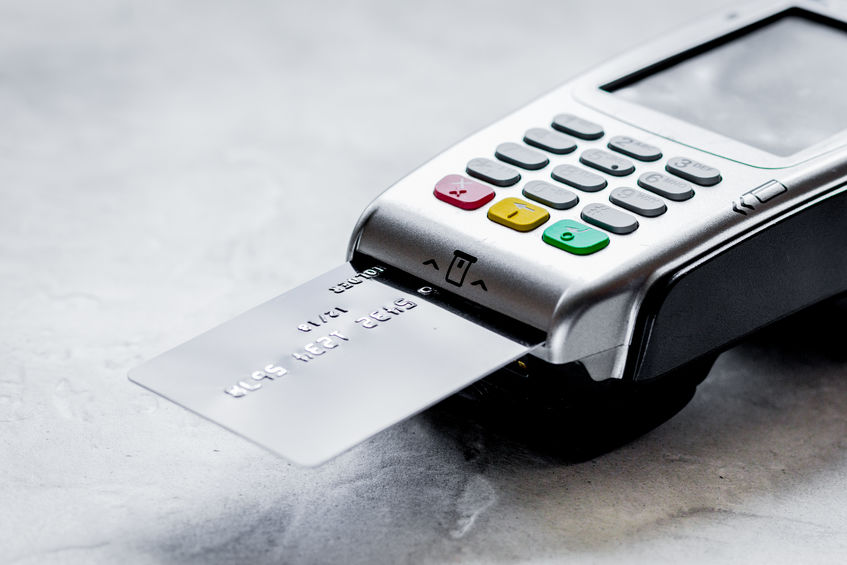Demystifying PCI Compliance – The Basics And Benefits Of Meeting The Industry Security Standard
PCI compliance is one of the most important factors in establishing safe online transaction processing, but many business owners and managers know very little about it. Most either assume that it doesn’t apply to them or that they already have it – whatever it is. But e-commerce software and online payment solutions aren’t PCI compliant by default, and it’s essential that companies accepting credit card payments – both online and off – understand the basics of PCI compliance and the many benefits that it provides.
What is PCI Compliance?
The Payment Card Industry Data Security Standard (PCI DSS) is a compliance requirement designed for organizations that process credit card transactions involving the major credit companies. The program is mandated and administered by a council made up of five of the biggest players in the industry – Visa, MasterCard, Discover, American Express, and JCB.
While not mandated by federal law in the United States, the major credit brands and banks do require merchants to meet the standard in order to satisfy their terms of service. That means failure to meet even one of the many criteria could be extremely costly. As such, any company that accepts credit card payments and stores or transmits card data must fully adhere to all PCI security requirements to minimize fraud and ensure that sensitive consumer data is protected from theft.
Benefits of PCI Compliance
The benefits that organizations gain from adhering to PCI compliance really can’t be overstated. Failure to comply and the consequences that result can be disastrous. PCI compliance is something that a lot of small businesses tend to push off into the future, but there really isn’t any excuse not to get up to standard immediately considering the numerous upsides. Here are just a few of the most notable:
1) Compliance is essential to maintain customer trust
Thanks to a number of high-profile data security breaches at behemoth companies like Yahoo, AOL, and Adobe, consumers are very aware of how much of their sensitive data is stored and how vulnerable it is if not properly secured. Even consumers that don’t know what PCI compliance means may still know the term, and being able to claim full compliance is a catalyst for establishing immediate trust with customers. Conversely, a data breach caused by a lack of compliance is a surefire way to destroy that trust, and once trust has been damaged, it’s incredibly difficult to repair.
2) Compliance significantly reduces the likelihood of a costly security breach
PCI compliance is all about fighting fraud and data theft, and the standard has been expertly designed by the organizations most interested in eliminating both – the major credit card companies. By adhering fully to all 12 compliance requirements – or better yet, exceeding them – companies can ensure they’ve done everything in their power to keep customer data safe. That’s important considering the immense consequences of failing to do so. Beyond the damage a breach does to a company’s reputation, the costs of defending and settling legal actions, bank fines, and internal and external investigations are enormous.
3) Compliance is an essential part of all merchant account agreements
All reputable merchant accounts from major banks require applicants to fully comply with all of the big credit card companies’ regulations to keep their accounts in good standing. Those credit card companies all mandate PCI compliance. That means failing to be fully PCI compliant puts a company’s merchant account – and in turn their core ability to accept payments – at risk. Many small businesses think they can ignore this requirement because of the small volume of transactions that they process, but even accepting a single credit card payment, whether in-store or online, requires 100% compliance.
Achieving PCI Compliance
To become fully PCI compliant companies must first analyze the current state of their systems and their existing compliance levels. Once that’s done, filling out the PCI self-assessment questionnaire (SAQ) will identify any deficiencies in the 12 individual compliance requirements. If any failure points emerge, they can then be corrected. Very few companies pass the initial compliance evaluation the first time, so fixes should be expected. Once everything is up to standard, a formal attestation of compliance can be filled out and filed with the relevant organizations. Once compliance has been certified, it must be revalidated on a quarterly or annual basis.
Taking the necessary corrective measures and getting systems up to standard can be a daunting task. The easiest way to do it, especially for companies without large tech departments, is to get help from an outside source. Customers who partner with BAMS for their payment processing have access to our experienced team of PCI experts who are there to walk our approved clients through the SAQ and the required quarterly security scans. The BAMS team makes it easier than ever for companies to ensure that they’re fully compliant and safe from the risks associated with failing to meet the standard.
Contact us today for more information on PCI compliance certification and secure payment processing with BAMS.




